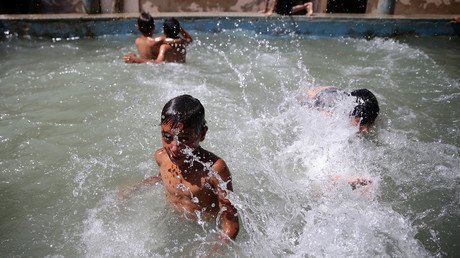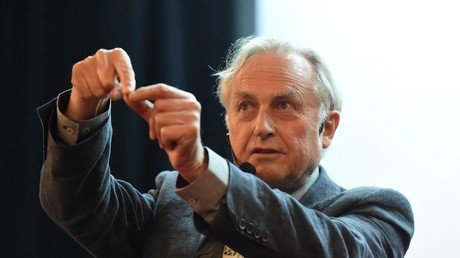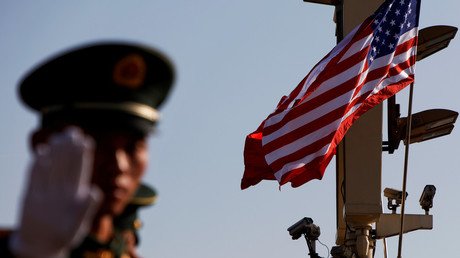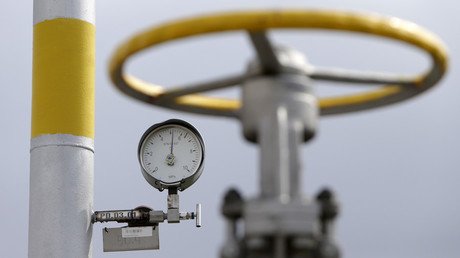Number of Muslims running for public office hits record high since 9/11 – report
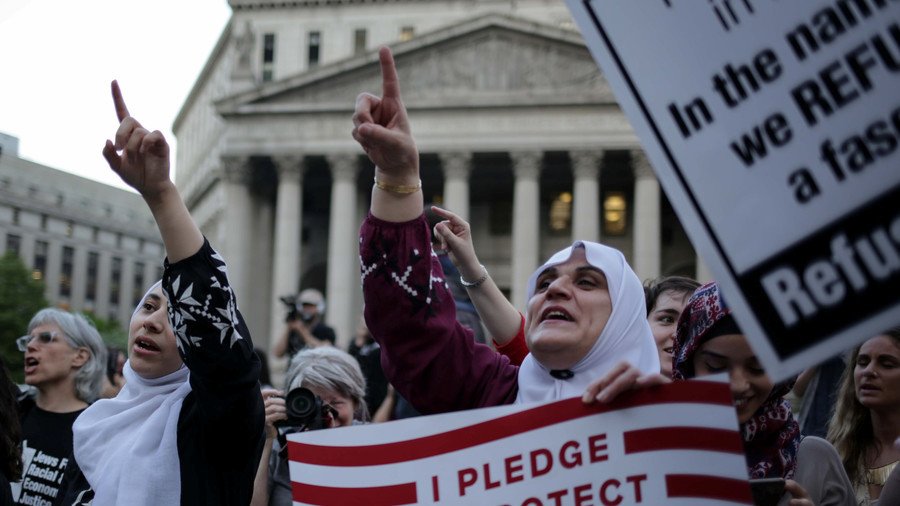
There has been a surge in the number of Muslim-Americans launching their bids for national and statewide offices, analysts say, crediting the Trump administration's policies with sparking the moment.
The primary season ahead of the November midterm elections is in full swing, and it has already broken some records. AP reported, citing Jetpac, a non-profit company assisting Muslim-American candidates, that 90 Muslim-Americans initially stood for statewide and nationwide offices in this year's elections. The number represents a record high, never seen after the 9/11 terrorist attacks eroded the trust of Americans in their fellow citizens of Islamic faith.
Not all of them have crossed the first threshold on the way to become elected officials. Only some 50 are still standing in their respective races after primaries. In some states, like Michigan, primaries are yet to take place and may see the number of Muslim-American candidates plummeting further. Still, 50 is a huge increase from about a dozen Muslim-Americans that ran for office in 2016, the report notes.
If they all succeed, Congress may receive up to nine new Muslim members.
Among the most celebrated Muslim-American political newcomers is Abdul El-Sayed, who is running for governor of Michigan. El-Sayed became the youngest health commissioner in a major city when he was appointed as the executive director of the Detroit Health Department at the age of 30. Now 33, he's getting huge media attention and is being dubbed "the new Obama," (the "old" Obama is Protestant, it has to be noted) although he himself rejects the comparison.
Over 10 years have passed since outgoing Rep. Keith Ellison (D-Minnesota) made history by becoming the first Muslim American member of Congress in 2007. His swearing-in ceremony was preceded by much controversy, with pundits and lawmakers alike debating on which Holy book, or both, he should use to take the ceremonial oath. Ellison opted for the English-language Quran owned by Thomas Jefferson.
The only other Muslim lawmaker sitting in Congress is Rep. Andre Carson (D-Indiana), who has been in office since 2008 after replacing his late grandmother Rep. Julia Carson in a special election.
According to Jetpac, at least 18 Muslim Americans are seeking to be elected to a state legislature, while 10 are running for the offices of governor, mayor and city council and others. The majority is vying for low-profile offices such as on school committees and planning boards.
The soaring number of Muslim candidates has been linked to the controversial policies of US President Donald Trump, on immigration in particular, where Trump has imposed a recently reinstated ban on travelers from six Muslim-majority countries (the so-called "Muslim ban").
As the Supreme Court upheld the controversial executive order in June, nationwide protests swept across the US, with the ban being slammed as racist.
It's not the only instance where Trump inadvertently advanced diversity in the US. The US President's poor record with women has also backfired, as it was reported last month that a record number of women, twice as many as in 2016, are running for Congress this year.
